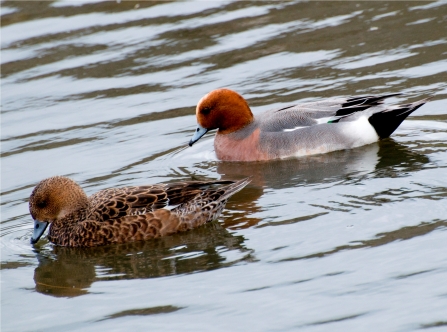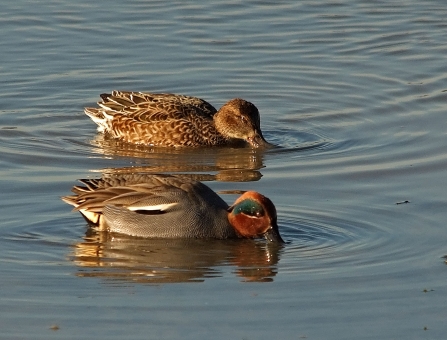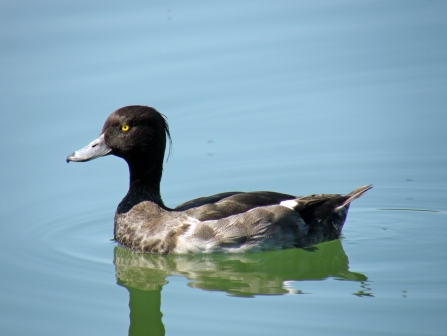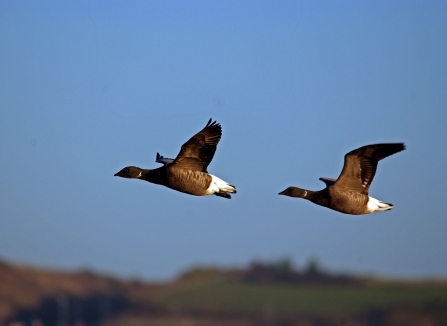As the temperature drops, our wetlands fill with wildfowl escaping the harsher winters of their breeding grounds. It’s a sensational spectacle as geese and ducks descend on our lakes and reservoirs in loud, colourful groups. The air fills with the joyous whistling of wigeons and teals, while groups of elegant grey gadwalls rub shoulders with green-headed mallards, beautiful pintails and bizarre-billed shovelers.




